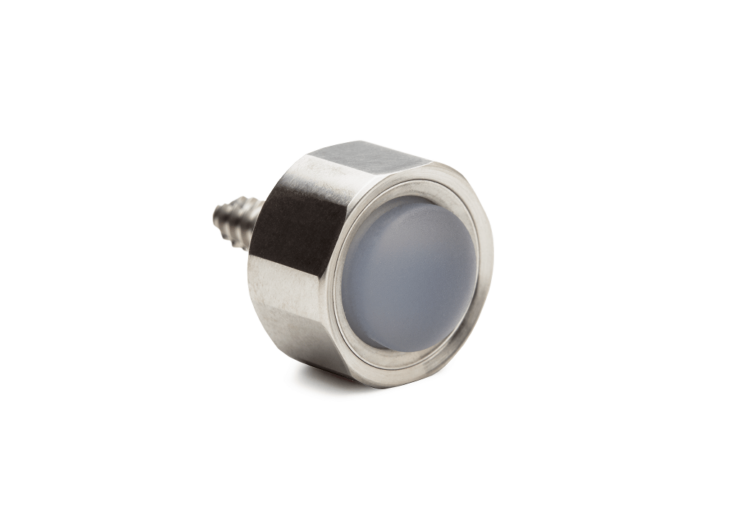Physicians at the Clinica Porto Azul in Barranquilla, Colombia have successfully completed the implantation of the PortIO intraosseous infusion system, which is designed to address the limitations of existing long-term vascular access devices, in the first three patients

First patients implanted with PortIO system. (Credit: PAVmed, Inc.)
US-based medical technology company PAVmed has completed the first human implantations of its PortIO Intraosseous Infusion System in a clinical study in Colombia, South America.
The implantations were carried out as part of its IRB-approved first-in-human (FIH) clinical study.
Physicians at the Clinica Porto Azul in Barranquilla, Colombia have completed the implantation of the device in the first three patients.
The patients have undergone successful infusion of fluids, as per the study protocol and the device’s intended use, without any complications, said the medical technology company.
PortIO is said to address the limitations of existing long-term vascular access devices, which require regular maintenance, occlusion, and difficult insertion in patients with poor veins.
Clinica Porta Azul implanting interventional radiologist David Sabbag said: “This is a groundbreaking milestone in the field of vascular access. PortIO implantation was technically straightforward and well-tolerated by the patients, as was its use for infusions of fluid.
“We are very excited about what we believe is the first maintenance-free, long-term vascular access device. All other vascular access devices require costly, labour-intensive regular maintenance with flushes to prevent clotting and obstruction.
“PortIO has the potential to provide significant benefits to many patients – particularly those with poor venous access, those on, or expected to need, kidney dialysis, and those with known adverse reactions to the commonly used anticoagulant heparin.”
PAVmed said that its PortIO Intraosseous Infusion System contains an implantable intraosseous vascular access device and insertion kit.
Unlike catheter inserted into veins, the device has a short extension, which requires a physician to insert into a bone, facilitating the device to stay completely under the skin.
The approach is said to provide the device with direct access to the bone marrow, one of the best routes for the delivery of medications, fluids, and other substances.
Inserted and removed near-percutaneously, PortIO system eliminates the need for a surgical pocket or significant dissection, and confirmation of the tip position by x-ray or other ways.
PAVmed chief medical officer Brian J deGuzman said: “PortIO is the first implantable intraosseous vascular access device designed for long-term use and to eliminate many of the shortcomings of existing vascular access devices, including the need for regular flushing to maintain patency.
“We look forward to completing this FIH study to demonstrate that PortIO can serve as such a maintenance-free long-term vascular access device.”
In October last year, PAVmed has agreed to acquire North Carolina-based EsophaCap device manufacturer CapNostics for an undisclosed sum.
EsophaCap is a non-endoscopic esophageal cell collection device, used in pre-commercial clinical research of esophageal precancer biomarkers.
